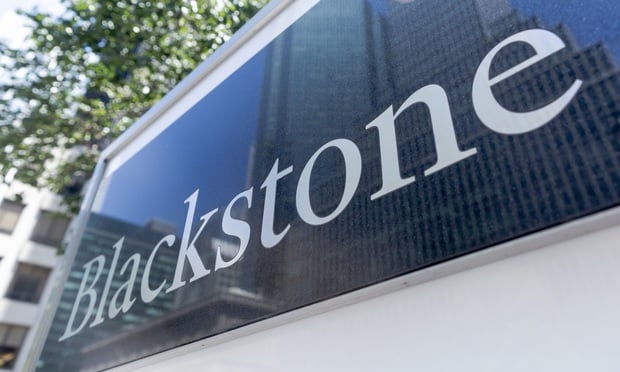Excuse me while I step outside of my normal role in this space of focusing solely on the net lease market. Because there is a dynamic impacting all of retail—the general market as well as net leased retail—that needs to be addressed, namely, the myth of a retail apocalypse.
We have heard for years now about the death of brick-and-mortar retail at the hands—or is that the thumbs—of e-commerce. Indeed, according to Business Insider, some 1700 stores are expected to shutter this year. A short list would include Pier 1, which expects to close 450 units; the Gap, which will click off the lights in 230 stores; ditto Chico's, at 200 of its properties; and Forever 21, which will close 178 stores. This data was also brought out in a recent webinar conducted by the Institute of Real Estate Management on Trends for 2020.
Recommended For You
Want to continue reading?
Become a Free ALM Digital Reader.
Once you are an ALM Digital Member, you’ll receive:
- Breaking commercial real estate news and analysis, on-site and via our newsletters and custom alerts
- Educational webcasts, white papers, and ebooks from industry thought leaders
- Critical coverage of the property casualty insurance and financial advisory markets on our other ALM sites, PropertyCasualty360 and ThinkAdvisor
Already have an account? Sign In Now
*May exclude premium content© 2025 ALM Global, LLC, All Rights Reserved. Request academic re-use from www.copyright.com. All other uses, submit a request to [email protected]. For more information visit Asset & Logo Licensing.









